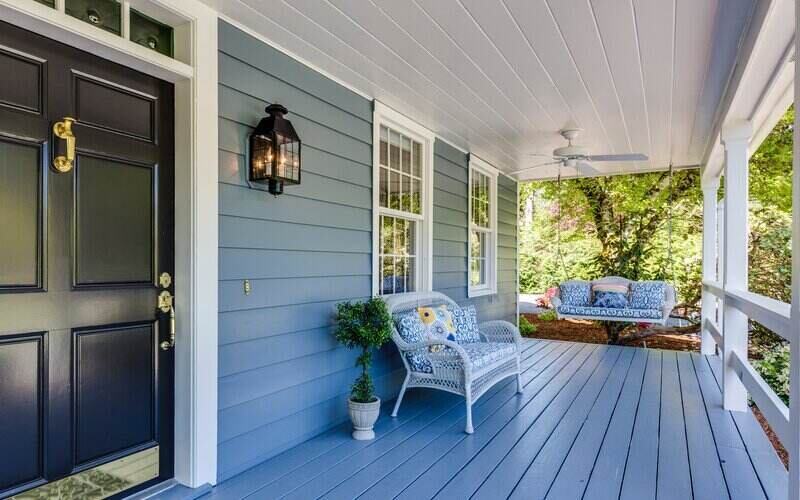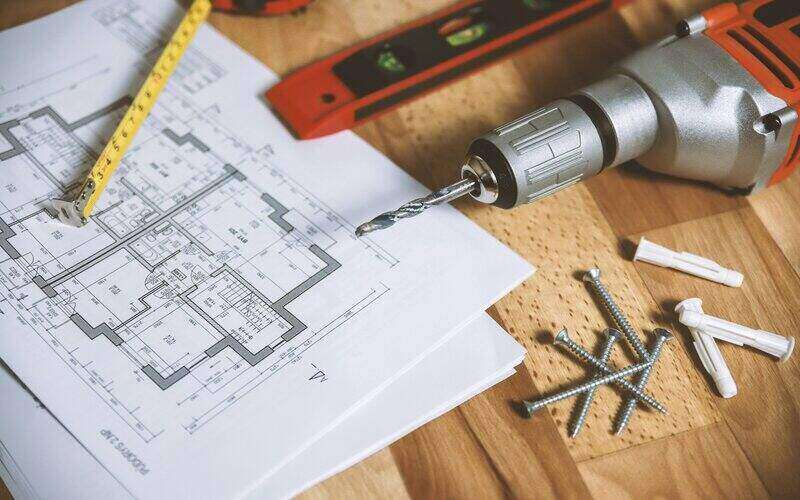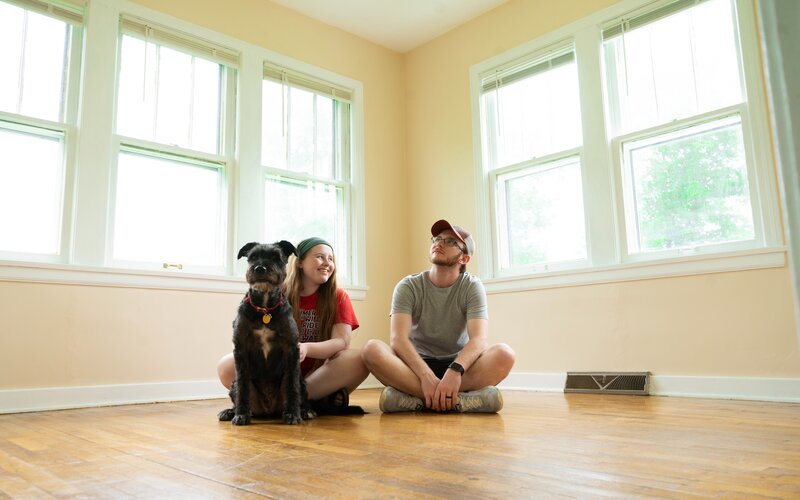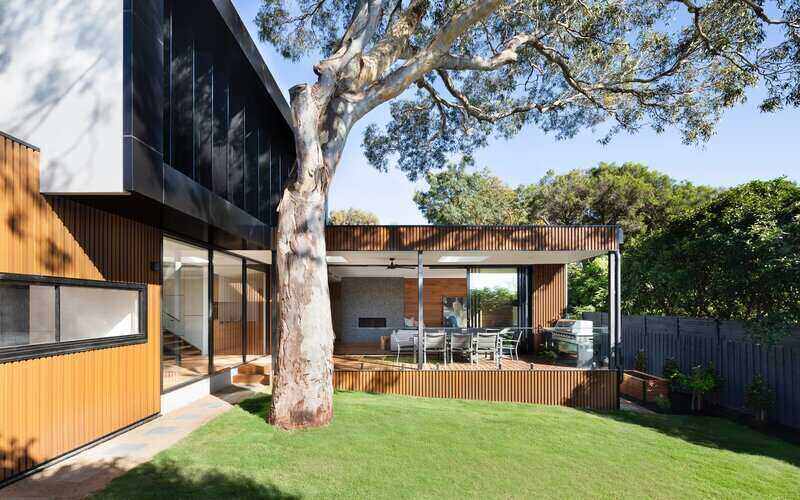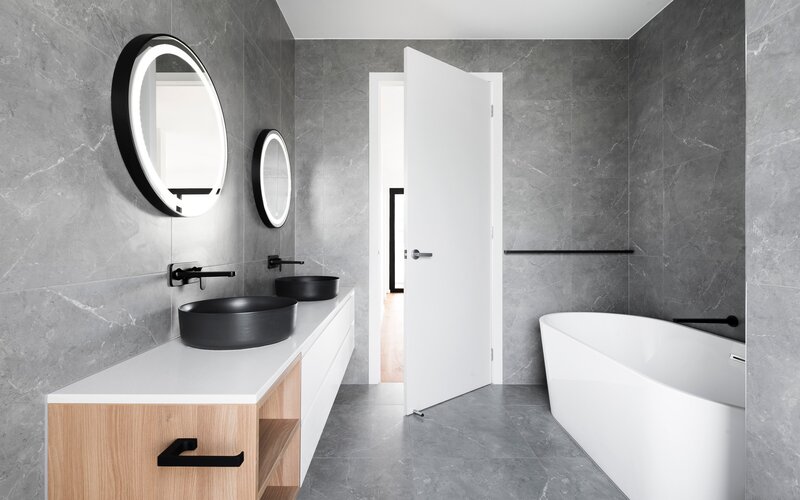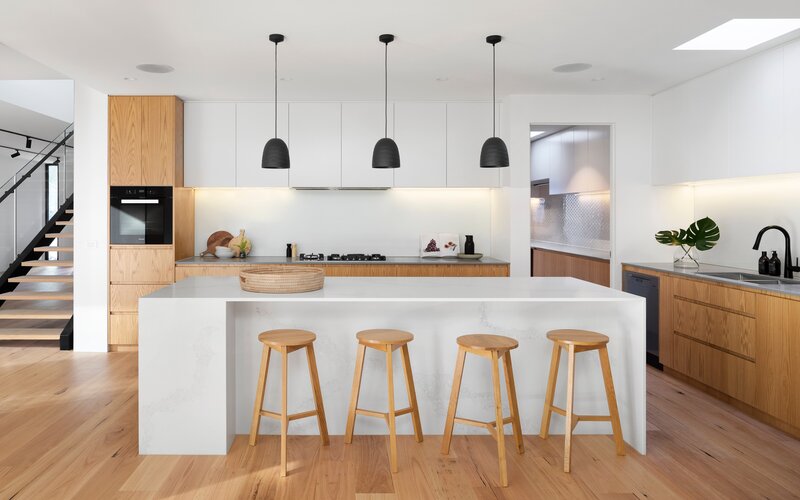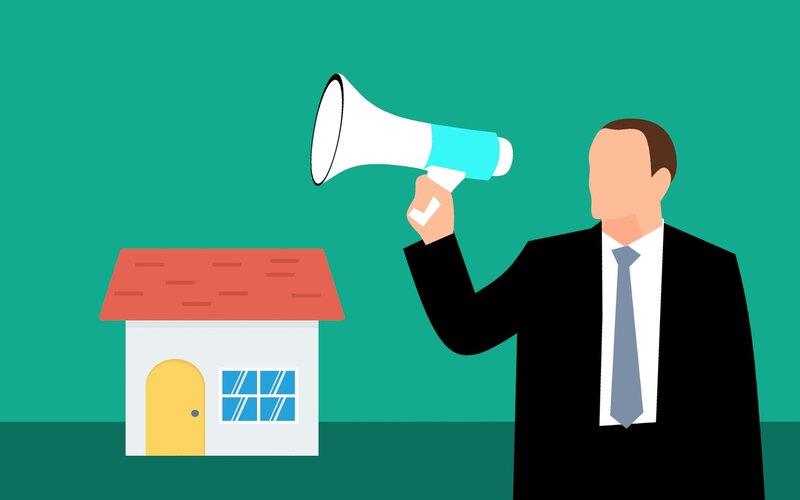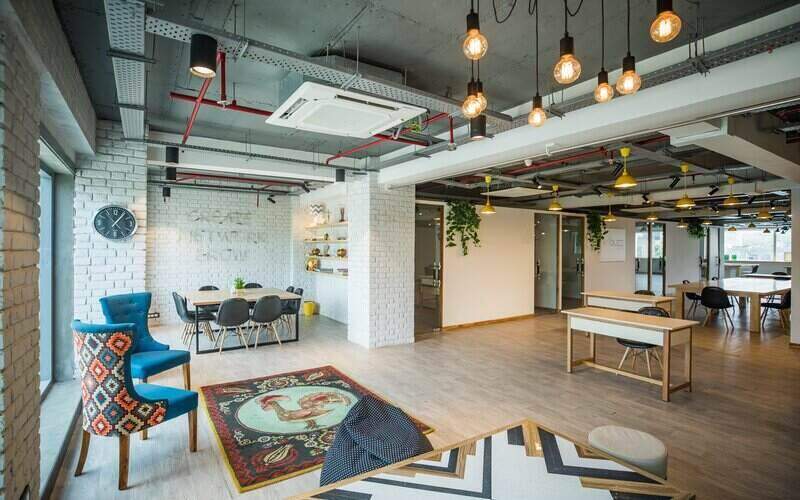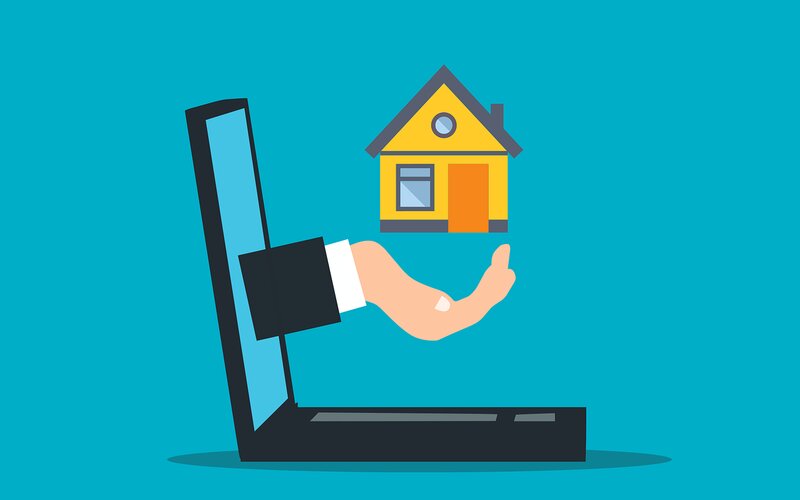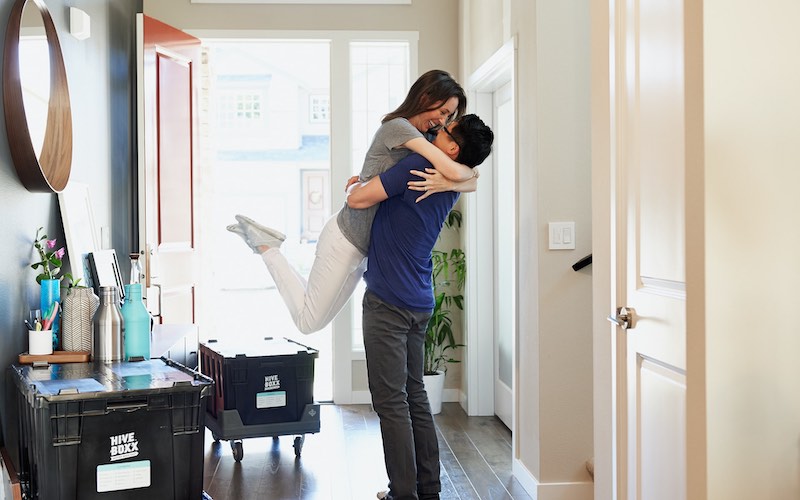New baby on the way, children getting too old to share a room, a spouse with nasal issues - there are lots of reasons to crave extra living space. Upsizing is one option, but alternatively you could renovate your current home to add another bedroom.
More bedrooms may make a property more valuable, but by how much? You'll want to make sure it's at least worth the cost of renovating, as well as the inconvenience of having building work take place in your home. Here's what to know.
New baby on the way, children getting too old to share a room, a spouse with nasal issues - there are lots of reasons to crave extra living space. Upsizing is one option, but alternatively you could renovate your current home to add another bedroom.
More bedrooms may make a property more valuable, but by how much? You'll want to make sure it's at least worth the cost of renovating, as well as the inconvenience of having building work take place in your home. Here's what to know.
How much does it cost to add a room to a house?
The cost of adding a bedroom depends on a range of factors. The size of your house, where it is, how big the room will be and the size of your block are some of the variables that can influence the cost. Based on quotes on tradie marketplace HiPages, it's between $1,300 and $3,900 per additional square metre if the extension is at ground level. If the extension is on another level, the cost is more likely to be between $2,500 and $4,000.
That means to add a fairly modest room of 3.2 by 3 metres (9.6 square metres) on your second floor, you'll likely be looking at paying between $24,000 and $38,400. For a larger master bedroom (say 6 metres by 5), the cost might be between $75,000 and $120,000.
As a rough guide, HiPages says to expect the following cost breakdown:
-
50% on materials
-
35% on labour
-
15% for council fees and permits
How much value does an extra bedroom add in Australia?
Unfortunately, you won't know for sure how much value an additional bedroom will add to your property. After all, property prices are always changing, and you will ultimately be at the mercy of the market. However, you might be able to make a pretty educated estimate if you research price trends in your area.
For example, the investment home you're renovating might be close to schools, parks and other family-friendly amenities. This means a growing family might appreciate a three bedroom home much more than a two bedroom one.
Domain Research have details on current price trends for many Aussie suburbs - here are a few examples from different states of how bedrooms change the value of property. Keep in mind though that this is just measuring median price by how many bedrooms there are. Houses with more bedrooms will tend to be larger all around, so you shouldn't expect to simply add another bedroom and see your property value immediately go up by this much. Still, it's useful for a general sense of how the market in different places values extra living space differently.
How much does an extra bedroom add in NSW?
|
Suburb |
Location |
Median house price (over twelve months to July 2024) |
||
|---|---|---|---|---|
|
Two bedroom |
Three bedroom |
Four bedroom |
||
|
Paddington (2021) |
Sydney |
$2.2m |
$3.1m (+$900k, 41%) |
$4.3m (+$1.2 million, 39%) |
|
Mount Druitt (2770) |
Outer Sydney |
$435k |
$655k (+$220k, 51%) |
$810k (+$165k, 25%) |
|
Orange (2800) |
Central NSW |
$560k |
$615k (+$55k, 10%) |
$800k (+$185k, 30%) |
|
Broken Hill (2880) |
Far West NSW |
$135k |
$208k (+$73k, 54%) |
$305k (+$97k, 47%) |
How much does an extra bedroom add in Victoria?
|
Suburb |
Location |
Median house price (over twelve months to July 2024) |
||
|---|---|---|---|---|
|
Two bedroom |
Three bedroom |
Four bedroom |
||
|
Brighton (3186) |
Melbourne |
$1.2m |
$2.2m (+$1m, 83%) |
$3.2m (+$1m, 45%) |
|
Dandenong (3175) |
Outer Melbourne |
$508k |
$660k (+$152k, 30%) |
$800k (+$140k, 21%) |
|
Warrnambool (3280) |
South West VIC |
$462k |
$540k (+$78k, 17%) |
$727k (+$187k, 34%) |
|
Mildura (3500) |
Northern VIC |
$322k |
$417k (+$95k, 29%) |
$565k (+$148k, 36%) |
How much does an extra bedroom add in Queensland?
|
Suburb |
Location |
Median house price (over twelve months to July 2024) |
||
|---|---|---|---|---|
|
Two bedroom |
Three bedroom |
Four bedroom |
||
|
Nundah (4012) |
Brisbane |
$568k |
$1m (+$432k, 76%) |
$1.5m (+500k, 50%) |
|
Morayfield (4056) |
North Brisbane |
$320k |
$555k (+$235k, 73%) |
$632k (+$77k, 14%) |
|
Rockhampton (4700) |
North Queensland |
$219k |
$243k (+$24k, 11%) |
- |
|
Longreach (4730) |
Central Queensland |
- |
$230k |
$245k (+$15k, 7%) |
Law of diminishing returns
If you're undergoing a major extension intending to add multiple bedrooms, you should bear in mind the law of diminishing returns could apply. This is an idea you might remember from university if you studied something business related - the more you add of something, the less extra value you obtain. If you turn a one bedroom apartment into a two bedroom apartment, you will probably boost the property value more than you would going from two bedrooms to three, and so on.
Accordingly, Bernadette Janson, host of She Renovates podcast, said that converting a studio apartment into a one bedroom apartment is one of the better ways to significantly increase your home's value.
"We turned [a] studio into a one bedroom apartment, which increased its value from $475,000 to $670,000," Ms Janson told Savings.com.au.
"[However] once you get over four bedrooms, the potential for adding value may diminish."
Is it worth adding an extra bedroom?
The question to ask is whether the value you will add from the extra bedroom exceeds the cost of construction. This can be difficult to work out given the uncertainties on both sides of the equation. Delays, inflation and the like can cause construction costs to balloon out while you will only ever be able to estimate how much value you are actually adding. All you can do is inform yourself as best you can and try to make decisions that give you the best chance of profiting.
One thing that can improve the outlook is being strategic with the configuration of the extra room. Ms Janson said construction can be much more cost effective when you aren't making major structural changes.
"It is more profitable if you can do it in the existing floor plan so that the cost is minimal," she explained.
"You could utilise an obsolete dining room, split an overly large bedroom into two, or convert a garage into a habitable space."
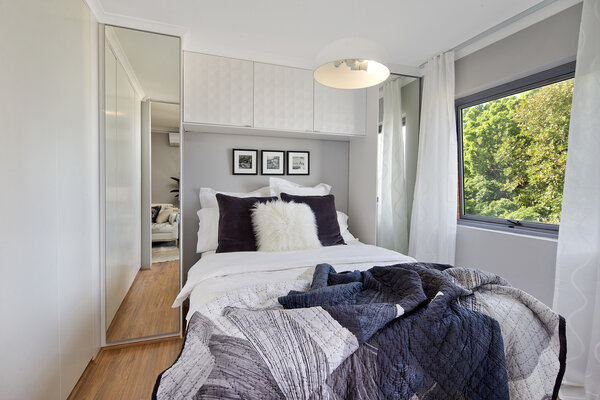
Studio apartment turned into one bedroom apartment by Ms Janson, image supplied
Ms Janson said that one of her students converted their garage into a bedroom while renovating their entire home. They transformed their house from three bedroom home with one bathroom, one living room and a garage to a four bedroom home with two bathrooms, two living spaces and a carport.
"The cost of the garage conversion was approximately $50,000, but whole renovation was $180,000. The value of the house increased from $540,000 to $990,000." she said.
This means that the home's value increased by $450,000. Only factoring in the renovation costs, this means they made a $270,000 profit.
Pros and cons of adding a bedroom to a house
Whether you're changing up your building plans or adding onto your beloved family home, adding a bedroom to your house has its pros and cons. Before you decide it's the route for you, let's discuss a few.
|
Pros of adding a bedroom |
Cons of adding a bedroom |
|---|---|
|
Increased house value: As we've mentioned, adding a bedroom to your house could increase your house's value by hundreds of thousands of dollars. |
It's expensive: Also mentioned above, adding a bedroom is probably going to cost a minimum of $25,000, potentially north of $100,000. If you don't have that sort of money lying around, you may need to take out a construction loan or dip into your equity, so you'll also be charged interest. |
|
More space: Another big pro is you can have more space in your home. Whether it becomes a man cave, or teenage getaway, having extra space can be pretty beneficial for everyone who lives with you |
It may take a while: Depending on what you're doing, it may take a while to add a bedroom to your house. Especially with all the current building and material delays and shortages, you could be looking at anywhere from a few months to years from start to finish. If you are having work done on your home, this might be a major inconvenience. |
|
Customise design: Maybe your master bedroom is too open, or maybe it's next to a main road and it's noisy. Adding an extra bedroom gives you the flexibility and choice to design your home exactly as you want. |
May not be worth it: An extra bedroom should ideally boost the value of your property by more than the cost of construction. If you do your research and prepare properly, you can give yourself the best chance of being profitable, but there is always the risk that you won't end up in the black. |
What to check before adding a bedroom to your house
If you're thinking about adding a bedroom to your house, there are a few things you should consider before you plunge right in.
Understand your suburb's demographics
Do some research into similar houses to your own to see how much they're worth. Once you've got an idea, do some research into houses with an extra bedroom. This can give you a good idea of the demand for houses with and without that extra bedroom as well as how much your home may end up being worth.
"Check the suburb profile on realestate.com.au," Ms Janson said.
"It's not definitive but it will give you some indication [of similar homes' values] that you can further research."
As we touched on earlier, Domain also have some pretty useful information on price trends.
Maintain the balance
Ms Janson said once you start adding bedrooms, it's important to keep the balance between the number of bathrooms, living rooms, and so on.
"Once you get to four bedrooms, you need to have at least two living spaces," she said.
"As for bathrooms: two bedrooms need one to 1.5 bathrooms; three bedrooms need one to two bathrooms; four bedrooms need 1.5 to two bathrooms."
Speak to a local real estate agent
Local real estate agents might also be able to give you an idea of how much value the extra bedroom will bring. An agent should be pretty well informed on the type of properties in the area, buyer demographics and current trends.
Financing options
Adding a bedroom to your house will generally cost you a significant chunk of money. It's worth your while to thoroughly explore options for funding your renovation project before you get started. This might mean a construction loan, personal loan, or home equity redraw.
Consider alternatives
If you're looking to add value to your home, adding a bedroom may not be your only option. You may want to look into alternatives before settling on a home extension. You could consider a cosmetic or structural renovation, adding a garage or shed, or something else to spruce up your place.
Image by Spacejoy on Unsplash

Ready, Set, Buy!
Learn everything you need to know about buying property – from choosing the right property and home loan, to the purchasing process, tips to save money and more!
With bonus Q&A sheet and Crossword!
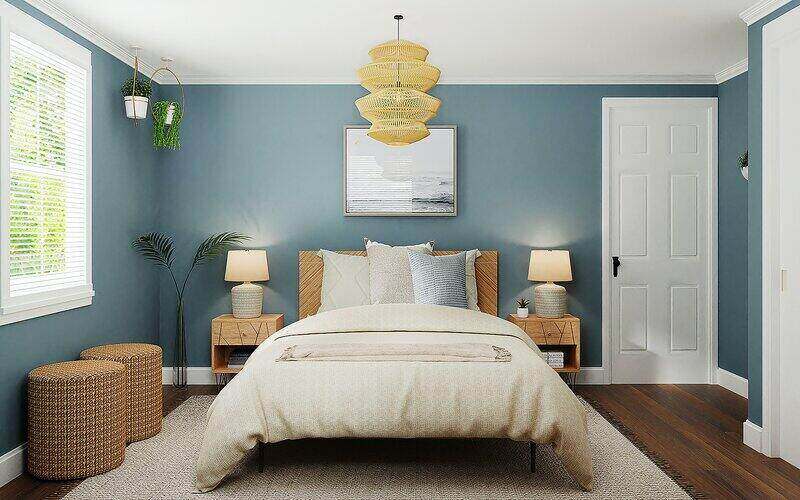

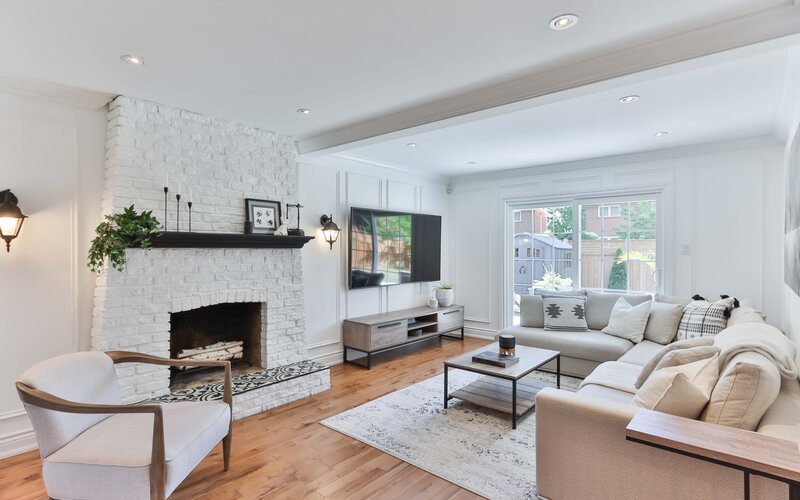
 Rachel Horan
Rachel Horan